The team of kindergarten Izvorche, Bulgaria:
http://www.slideshare.net/JolantaVaranaviciene/izvorche-bulgaria-ka2
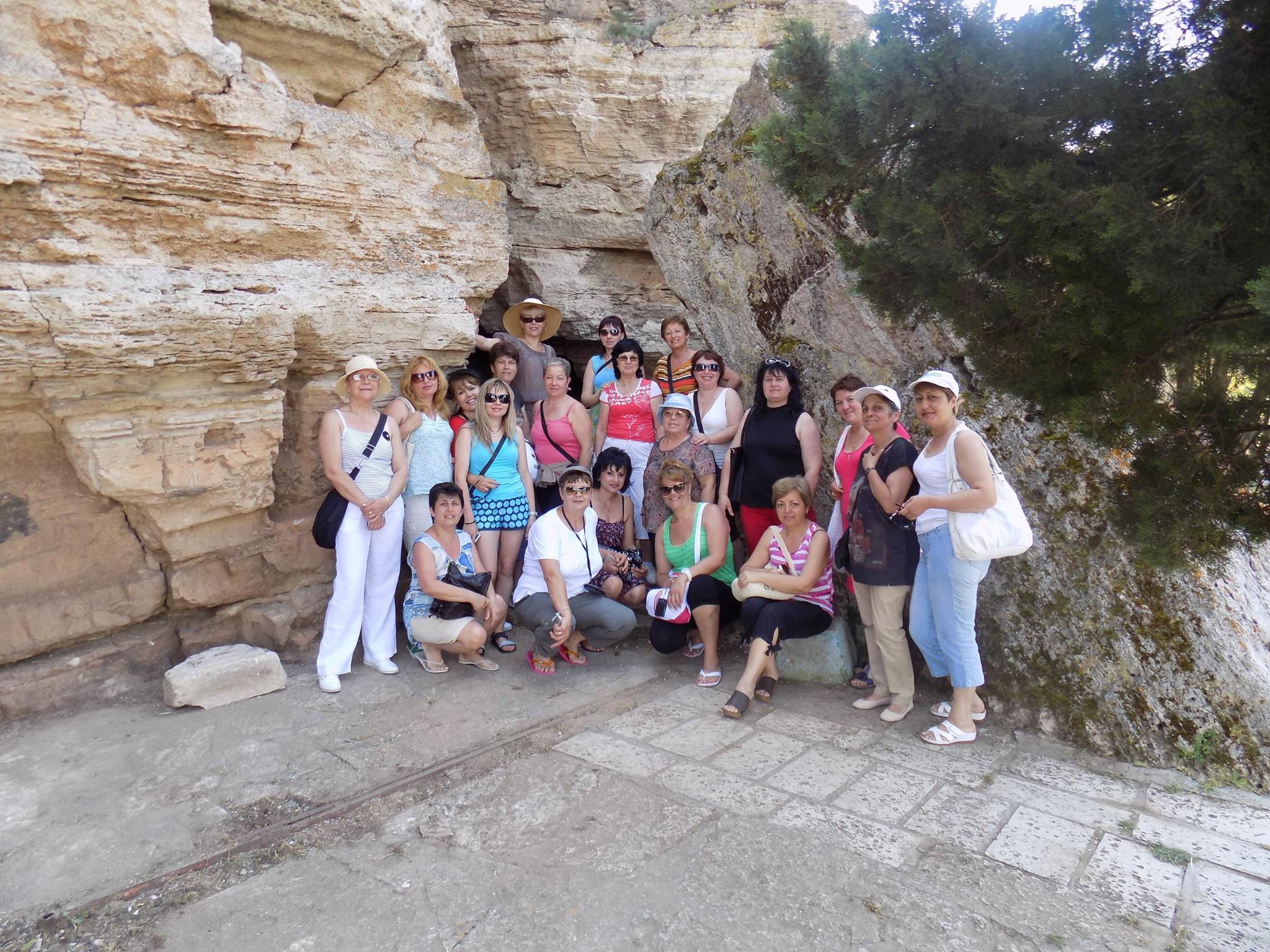
These are the KindergartenTeachers of Agrupamento Albufeira Poente in Portugal: Fátima, Ana, Isabel Anjo, Isabel Costa, Anabela Castela, Anabela Rente and Patricia.
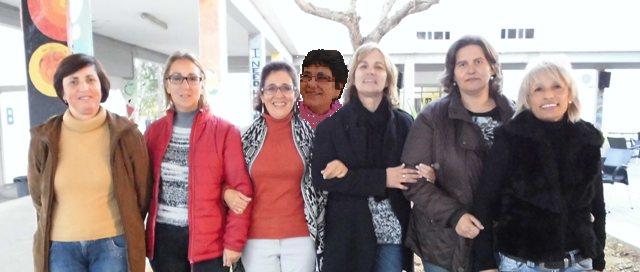
https://www.youtube.com/watch?v=eyAuIEZ_KdE
Teachers of kindergarten "Latinka" Bulgaria: Ani, Krasimira, Galina, Mariyana, Stasi, Yana, Mila, Darina, Assiy, Megi, Krasi
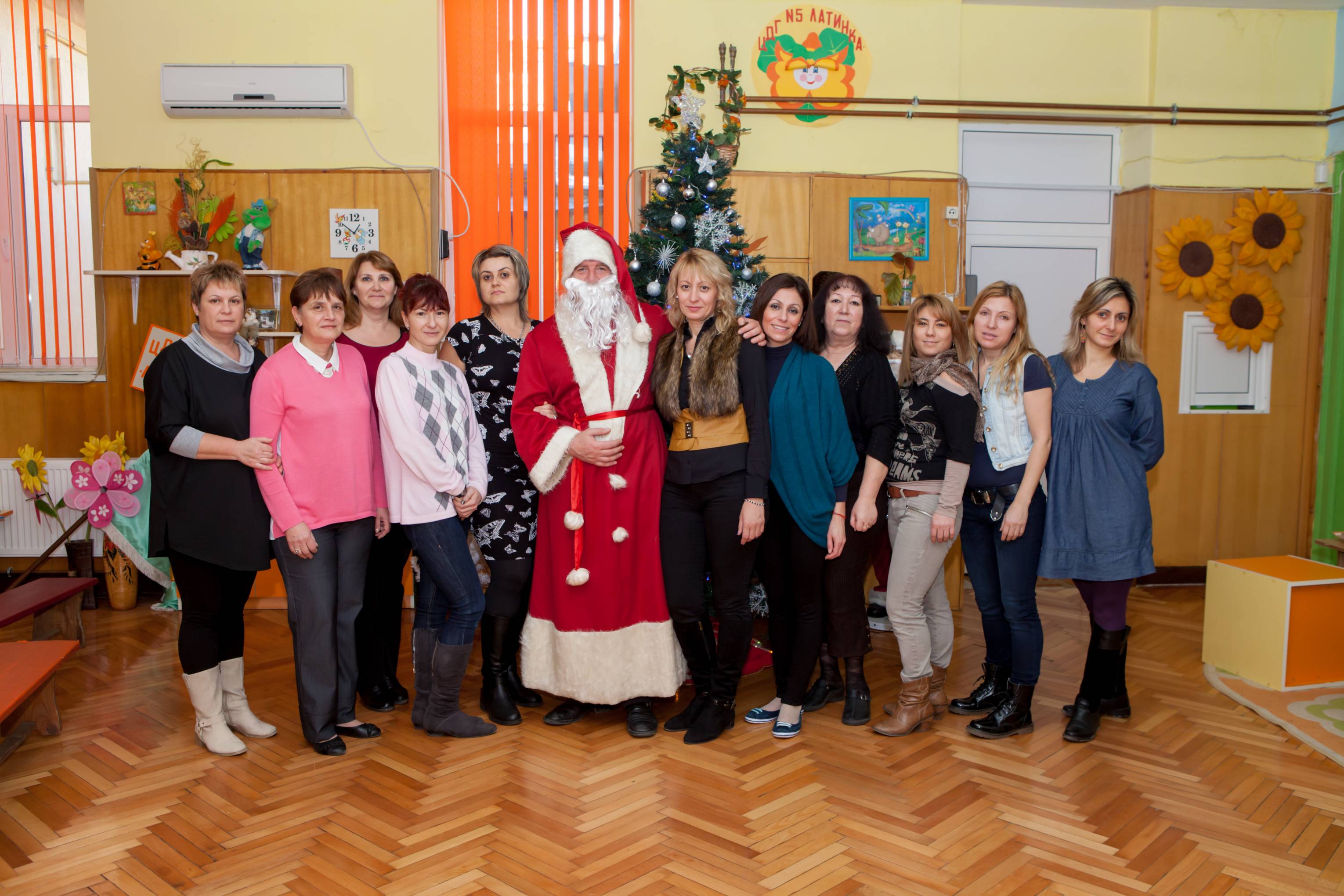
http://www.slideshare.net/JolantaVaranaviciene/latinka-bulgaria-ka2
 Kindergarten "Latinka"Bulgaria
Kindergarten "Latinka"Bulgaria
Karmelava kindergarten "Žilvitis", Lithuania
http://www.slideshare.net/JolantaVaranaviciene/kindergarten-ilvitis-from-lithuania
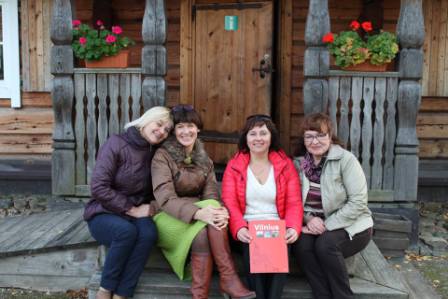
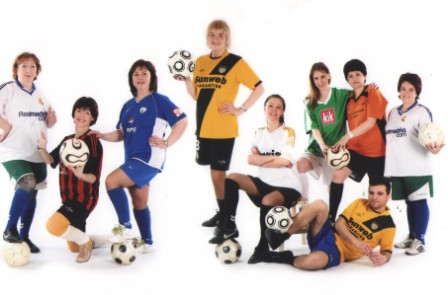
We love basketbal and like footbal :)
Spanish team!
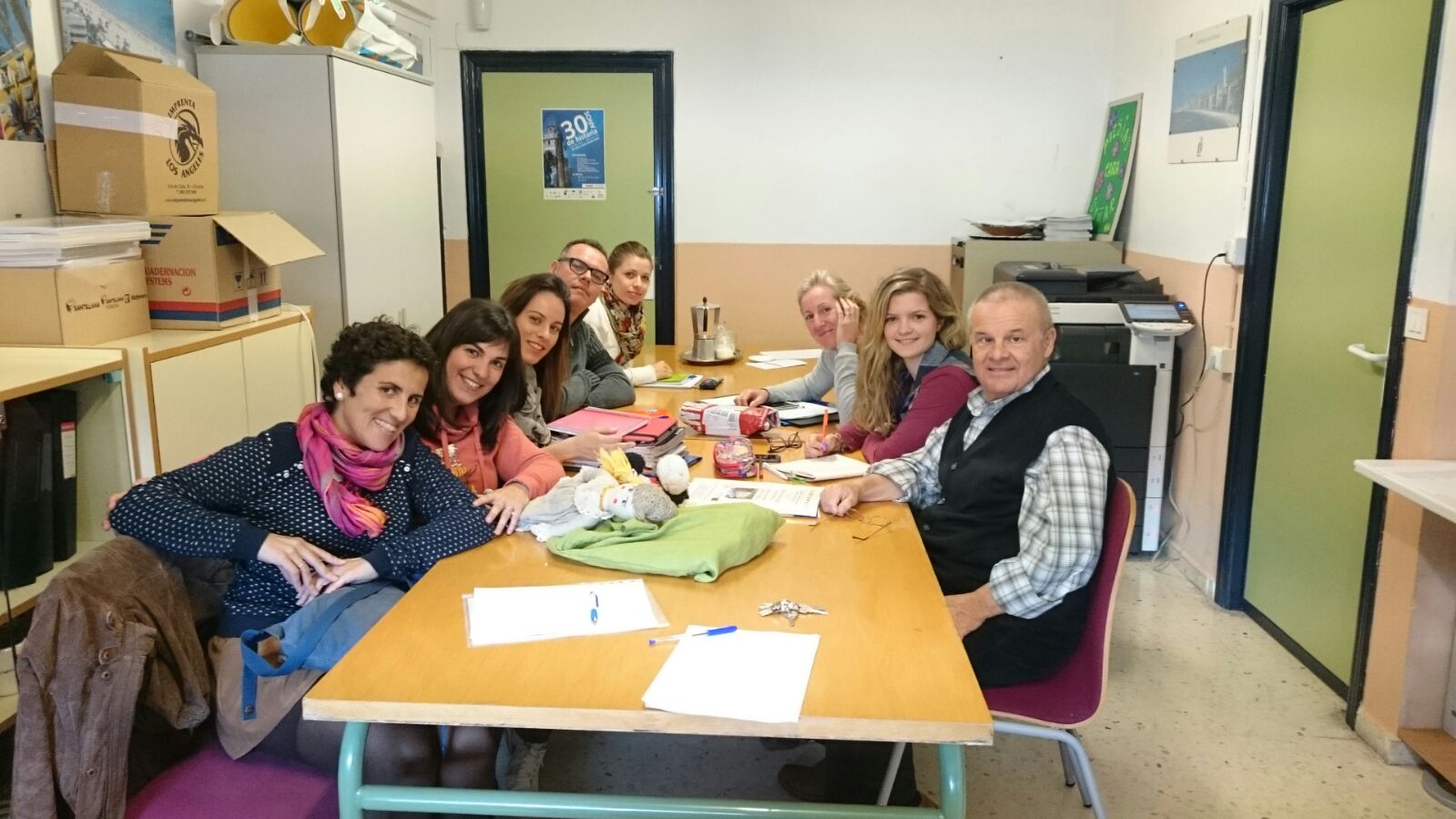
Spanish team
Goce Delcev is a Public School, Macedonia
The Primary School Goce Delcev is a Public School in the Municipality of Kavadarci, Macedonia. It is one of the biggest schools in our Municipality. Every year, about 600 pupils are enrolled into the school. Pupils start school at the age of six and continue until the age of fourteen. There are about sixty teachers employed in the school and they do their best to educate young generations in the best way. The school aims to promote best teaching techniques and follow the new educational process, all with one aim-to make the teaching and lessons more interesting for the pupils, so that they achieve best possible educational results and become active citizens, ready to follow modern European streams.
Sbo De Bolder, the Netherlands
http://www.slideshare.net/JolantaVaranaviciene/school-presentation-the-netherlands
The Bolder is a Special School for Primary Education. The children come from Franeker and environment.
They are 4 t / m13 years old.
History
The past of De Bolder goes back to the mid-twentieth century. 22 August 1949 set up a school in Franeker for children who have difficulty or could get very difficult. The former office of the sugar factory was the first location.
Since then much has changed. The school started with the times and responded to new insights, new legislation and a growing number of pupils. A brief overview.
The difficult and children with learning difficulties were resolved at some point. The department 'children with learning difficulties "was from 1952 to 1977 in Wooden (houten) Schooltje the Harlingerweg. Thereafter, the present building was put into use and was called ZMLK department 'De Heuvel'.
As of 2004, ZML de Heuvel merged with ZML Van Voorthuijssen to Leeuwarden. Together they go under the name 'T Twalûk . They now have its own government and its own regulations, namely the 'Act Centres of Excellence '.
The department 'children with learning difficulties' moved in 1963 to Sugar factory a new building on the Juckemastraat. In 1979, this MLK - department the Bolder baptized.
Since 1989, there Bolder our talk of 'integrated special education', which means that we not only children with learning difficulties also enable children with learning and behavioral difficulties. In 1998, this merger is officially "Special Schools" to be called.
Over the years the number of pupils at the Bolder grown. Expansion of the school was a two time necessary. Since December 2006, the school is housed in a brand new building on the IJsbaanweg.
The name
The name of our school refers to the task we have set ourselves: to offer guidance. A Bolder is used for mooring ships in the harbor or at a quay, so they can not float away, may be damaged or lost. Such support will be our school for children who have driven around helplessly in ordinary primary schools or would float around. These children find a safe place at our school, from which they can develop their potential and direction can turn into a good future.
The Identity
De Bolder is a public school. This means that the school is open to everyone, regardless of faith or belief. Attention is paid to all life-philosophical and social values in our society.
ȘCOALA GIMNAZIALĂ ”IOAN BĂNCESCU”
http://www.slideshare.net/JolantaVaranaviciene/school-presentation-romania-ka2
Loc. Adâncata, jud. Suceava, Str. Principală, nr. 355; 727005, Romania
The Commune of Adancata lies on the north-north-east of the municipality of Suceava, 12 km far. It’s located on the national road DN 29A. The Adancata village is surrounded by a stretch of woods that winds down into the village.
Brief History
1882 – the first officially documented recognition;
1910 – primary school accommodating 165 students; headteacher - Ioan Băncescu;
1947 – new school with four classroom facilities;
1958 – four more classrooms and one gymnasium are added to the new school;
1975 – the current school with five classrooms and annexes are built in a new location;
1976 – the school’s workshop building opens;
2007 – the 125th anniversary
INSTITUTO COMPRENSIVO "GIUSEPPE LOMBARDO RADICE"- SIRACUSA
http://www.slideshare.net/JolantaVaranaviciene/anniversary-of-siracusa-ka2
https://www.youtube.com/watch?v=Nuo7U6vx6Zc&feature=youtu.be
Lombardo Radice’s kindergarten is located in a central city area, which has a few green spaces, but it has a spacious garden with plants and trees where the children can play outdoor all year long, given the city’s winter mild weather and also a wide hall that branches out the classes.
The institute has a large gym and all the classrooms, on a rotating base, become laboratories where cooperative activities come to life from divers professional expertise and skills.
The kindergarten is structured in 9 sections, from 3 to 6 years old, divided by homogeneous age groups, criteria that offers children an appropriate educational proposal.
Our school points on the music teaching, motor and mobility education, and for the last year children the English teaching is a value add, further the school extends and integrates the educational offer by proposing: recitations, exhibitions, tours and projects sustained by local authorities such as Siracusa Municipality; using communication tools, involves the children’s families, ensuring that the school is a meeting place of active participation and cooperation, as a space of the community's educative commitment, where parents know and share the educational offer and the internal rules, therefore informed, responsible and really collaborative.